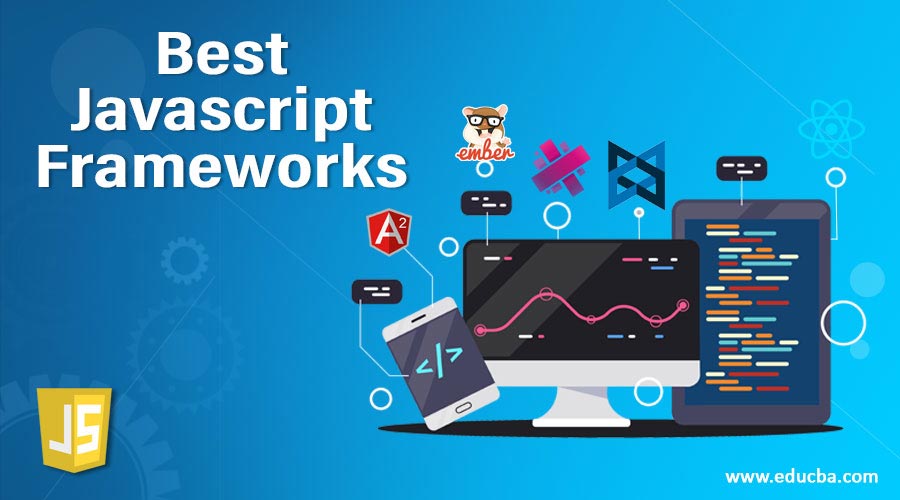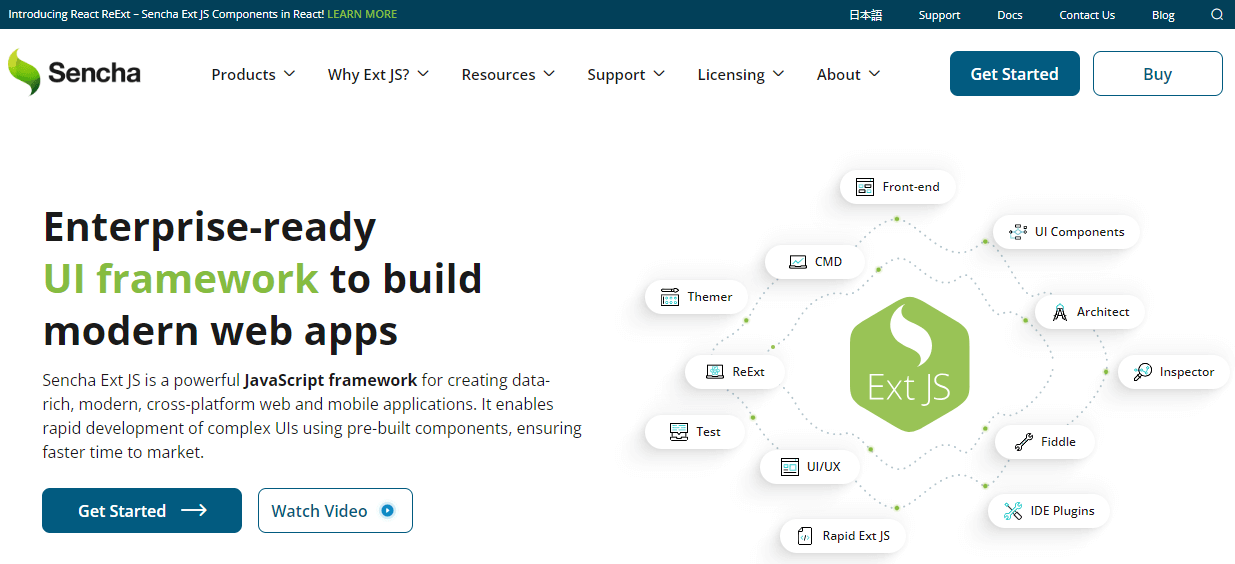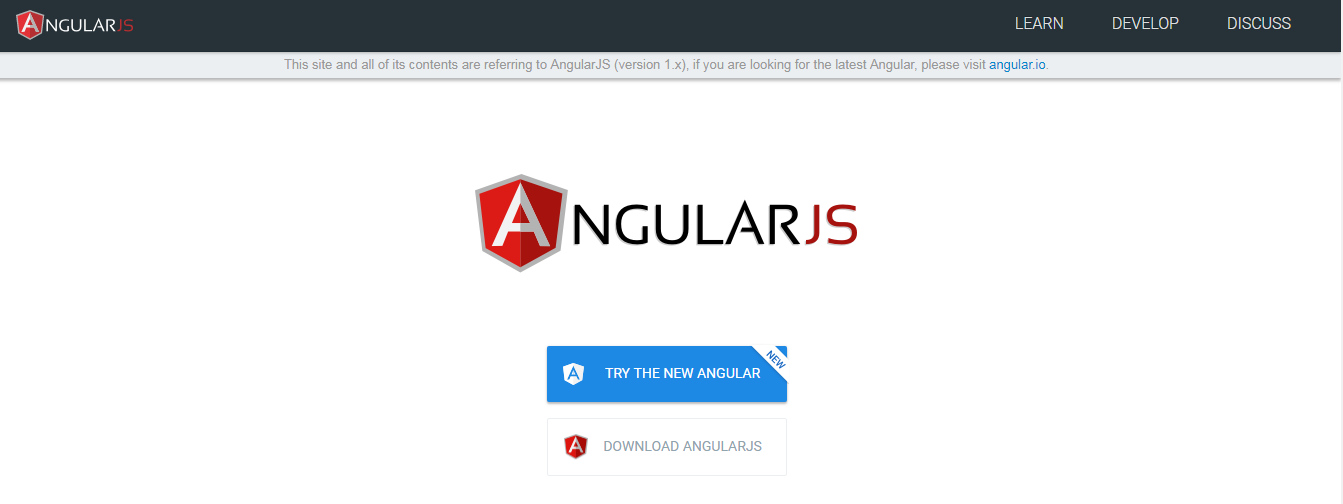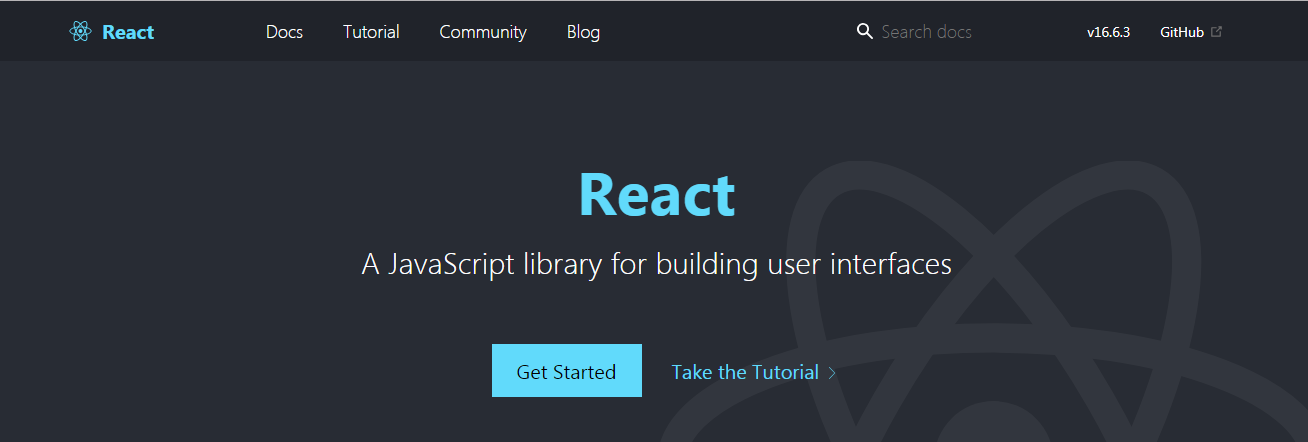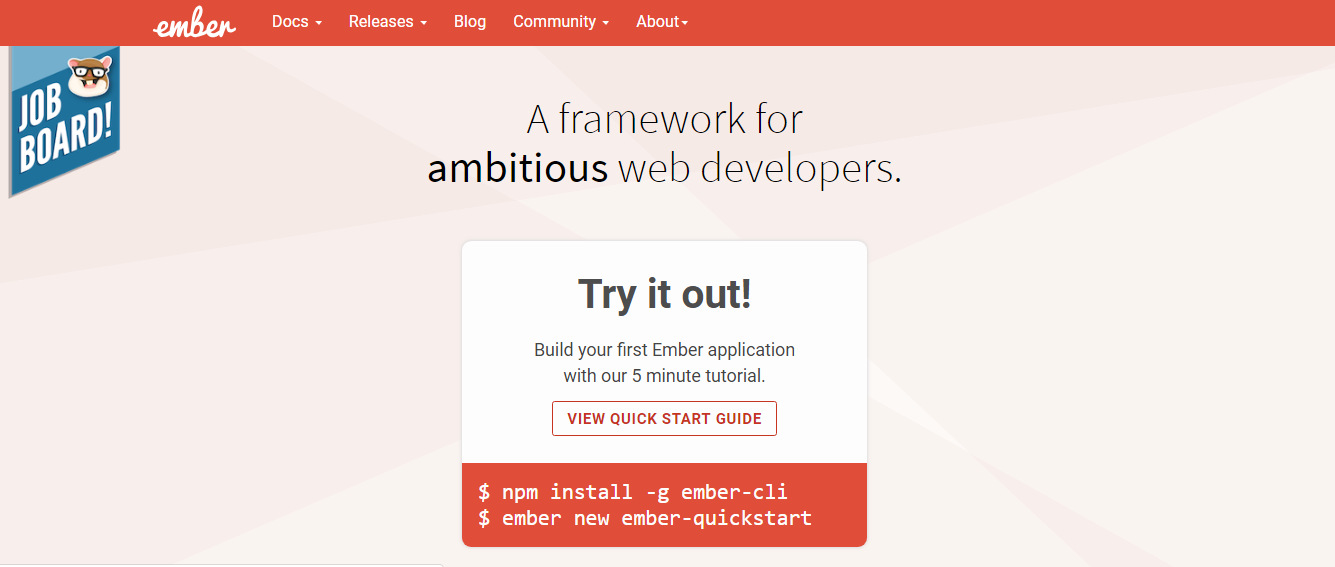Introduction to Best Javascript Frameworks
Javascript is a weakly typed, dynamic, prototype-based, interpreted, high-level programming language that is one of the key technologies for the World Wide Web besides HTML and CSS. One of the major reasons the Javascript Framework is quite popular is its interactive web pages, which form an essential component for web applications. Most websites have Javascript Frameworks in place, and all the web browsers today essentially have a dedicated JavaScript engine in place.
However, when it comes to choosing the right Javascript framework for your project, the process can be tiring and confusing. New technology emerges daily, introducing frameworks rapidly. One cannot safely assume that the most recent one will fit better than the previous one. It all depends on your requirements, resource type, and the features you would like to avail yourself. A correct platform is a mandate for building an app, and we can vouch for the popular and the most popular selections that might provide you with a basic idea of the right fit for your project.
Best 6 Javascript Frameworks
The top best frameworks are given below:
1. Ext JS
Ext JS is a comprehensive and feature-rich JavaScript framework for building modern, responsive, and data-intensive web applications. Ext JS empowers developers to create user interfaces that are highly interactive and visually appealing and that work seamlessly across various devices and platforms.
Points to ponder:
- Rich UI Elements: Ext JS has a vast library of 140+ pre-built and customizable UI components, including grids, trees, charts, forms, and more. The developers have designed these components to be highly performant, accessible, and responsive, ensuring a seamless user experience on any device.
- Data Management: Ext JS offers robust data handling capabilities with built-in support for various data formats, including JSON, XML, and more. It provides powerful data binding and data manipulation tools, making it easy to work with complex data structures.
- Responsive Design: With Ext JS, you can create responsive and adaptive layouts that automatically adjust to different screen sizes and orientations. This ensures that users have a consistent and optimized experience across desktops, tablets, and mobile devices.
- Theming and Styling: Ext JS has an extensive theming system that lets you customize the appearance of your application with ease. You can leverage built-in themes or create your own custom themes using SASS or CSS.
- Extensibility: Ext JS is highly extensible, allowing developers to create custom components, plugins, and extensions to meet specific project requirements. Its modular architecture ensures that you only include the features you need, keeping your application lightweight and performant.
- Tooling and Documentation: A suite of development tools, including Sencha Cmd, Sencha Architect, and Sencha Inspector, support Ext JS and streamline the development process. Extensive documentation, tutorials, and a vibrant community provide ample resources for learning and troubleshooting.
My words:
With its powerful features, robust architecture, and a strong commitment to performance and usability, Ext JS is an excellent choice for building enterprise-grade web applications that demand a rich and responsive user experience.
2. Angular JS 2
This is my personal favorite Javascript framework, which has been on the market for quite a long time now with its previous version. It had a sturdy development process, and a massive team of Googlers was responsible for its creation. This fact makes it unique and more stable than any of its competitors.
Points to ponder:
- Typescript is used by Angular, which is said to be the superscript of Javascript and can easily be compiled down to VanillaJS. This fact gives it an additional edge and is definitely a unique selling point.
- The pre-rendering of content helps in better SEO management and faster browsing.
- The huge development over a large period of time has made the framework more stable.
- Programmers feel more confident while adopting this framework because of Google.
My words:
Choose this Javascript framework for a stable and feature-filled platform, as it offers a wealth of useful content.
3. React.js
Facebook created another robust framework, one of the early frameworks that demonstrated excellent craftsmanship.
Points to ponder:
- The constant growth and high adoption suggest that finding competent and efficient React developers will be easy.
- JSX adoption allows for component restructure, which will eventually compile into React JS when we discuss running on the server. This will help create a more dynamic and attractive set of HTML pages, which ultimately matters.
- React Native provides a seamless mobile experience that can be paired alongside React applications.
My words:
React is a great tool, a heavily built Javascript framework, and is a perfect match for any comprehensive project. One of the concerns that many developers have while adopting this framework is about its parent company, Facebook, which has often ceased updates and further enhancements, support, and also changed licensing.
4. Ember.js
This JavaScript framework aims to achieve quick results with minimal delay. This is a good choice when your requirements are in perfect alignment with its structure, as modifying the structure can be painful. The framework guides developers toward best practices for the platform, making it an opinionated kind of framework.
Points to ponder:
- The opinionated practices make it easy to deal with the framework, with just one condition, abide by its structure.
- The command-line interface for Ember.js opens up a package, “ember-cli”, which opens a plethora of possibilities for the developers to add to Ember’s app dev toolkit.
- The Ember Inspector is used for easy inspection of objects when you do F12. This feature can be used in both cases when you are developing or debugging.
My words:
Ember.js excels at rapidly demonstrating action and proves effective for diagnosing issues. A frozen set of requirements and a defined set of development practices are the right combination for adopting this framework.
5. Aurelia
This framework consists of component-level modules, allowing developers to choose the pieces they want to work with. It also provides them with the facility to use the framework in its entirety.
Points to ponder:
- It is a modern kind of app development framework that pleases its stakeholders by showing its modular infrastructure.
- You don’t need much time to learn this framework. It is quite easy to work on. Therefore developers get more time to write a productive piece of code without wasting much effort.
- It makes use of MV* architecture and ensures to prevent any kind of unnecessary configuration.
- It supports TypeScript, ES 2015, ES 2016, and ES5, making it flexible for use in a wide variety of applications.
My words:
It is one of the most compatible Javascript frameworks. It can be the most practical and quickest framework for you without compromising service.
6. Backbone.js
Many developers use this framework today in both legacy applications and newer projects, making it one of the oldest but still relevant frameworks.
Points to ponder:
- Its maturity ensures that many bugs have been fixed already, and it is by far among the most secure and stable frameworks to work on. Furthermore, the community actively supports and provides robust resources.
- The approach for application structure is light. It is one of the lightest weighted frameworks.
- It doesn’t force any template engine, which is solely at the developer’s discretion. The underscore serves as a dependency feature and can be the simplest choice for templating.
My words:
It is not a very popular Javascript framework, as many newer frameworks have been a better match, but this might be the right fit for a particular set of requirements. As the name suggests, this is one of the strongest frameworks to date. In this post, we read about the best javascript frameworks. Choose the framework as per your company’s needs and requirements, and stay tuned to our blog for more articles.
Recommended Articles
This has been a guide to the Best Javascript Frameworks. Here we have discussed basic concepts and different Javascript frameworks such as Ext JS, AngularJS 2, ReactJS, EmberJS, BackbonJS, and Aurelia. You may also look at the following articles to learn more –
